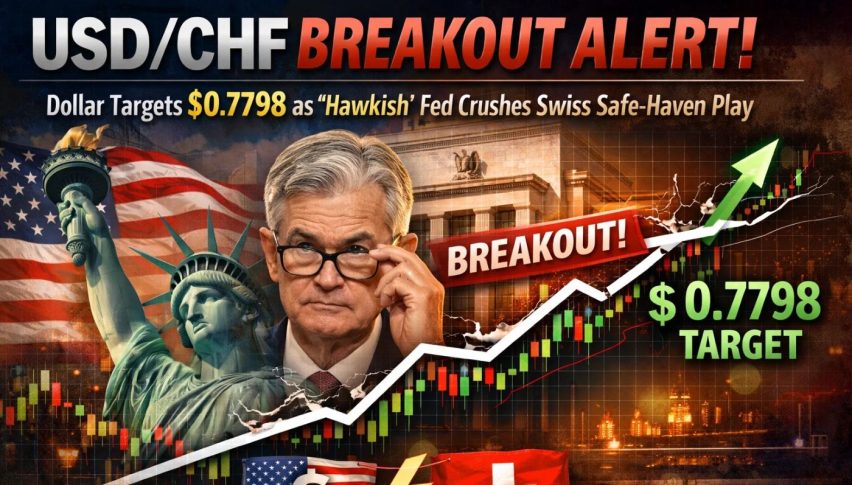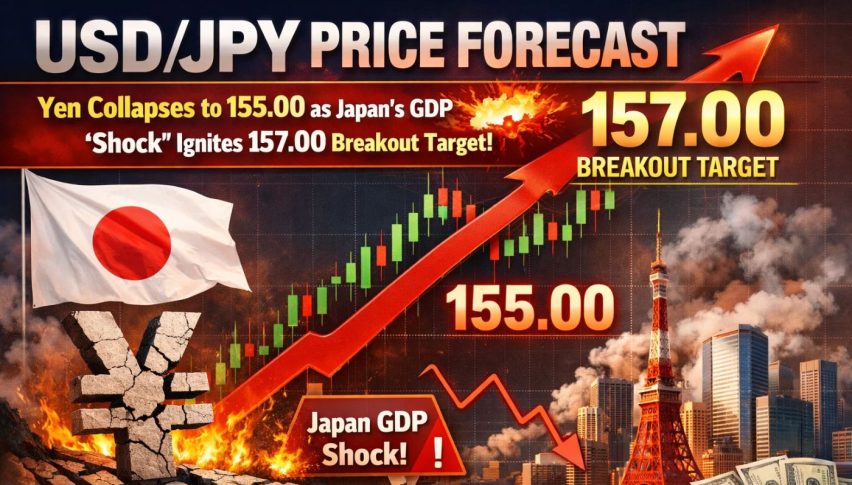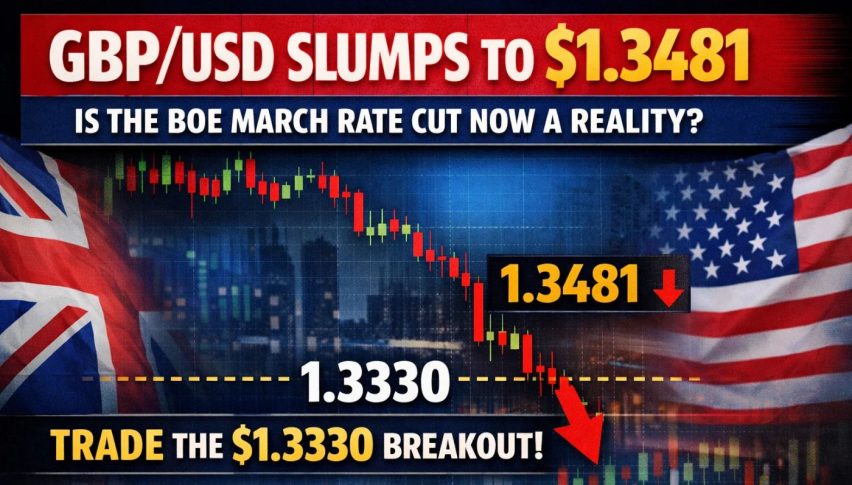How Forex Market Makers Really Operate
Make sure you don’t get cheated by your Forex broker!
It seems hard to believe that a short while ago, just before the turn of the millennium, retail and individual forex trading did not exist. Because of the minimum trading size of $1,000,000 US, trading on the foreign exchange markets was mainly restricted to big banks, hedge funds and very rich individuals.
Unsurprisingly, as more information became available about the potential profits from forex trading people became more interested regardless of the fact that they were unable to trade on the interbank market.

In order to satisfy this interest and accommodate the needs of investors with around $10,000 – $50,000 worth of funds to invest, the retail forex market was created. Demand for this new market was high which lead to new forex brokers quickly being formed. However, despite the intense interest in the retail forex market, trading in this area is still largely unregulated.
Unfortunately many forex brokers operate under the ‘market maker’ (also known as bucketshop) model and have absolutely no interest in seeing you succeed and while this may at first seem counterintuitive, it is actually fairly logical.
It is the job of the forex broker to make the forex market more accessible to small investors (this is why it is known as the market maker model). For this to be possible the broker must be able to fill every order that the investor places on his/her trading platform, this is achieved by taking the opposing position to every trade made by the investor.
As the forex broker has an opposing position for every trade made by the investor this will lose money every time the investor makes a winning trade. For example, if an investor buys the EUR/USD pair thinking that the Euro will appreciate, in order to facilitate this, the forex broker must then sell the EUR/USD so as to provide market access and allow the trade to go through.
This places the forex broker in a sell position meaning that it is advantages to them for the Euro to depreciate in value (i.e. for the investor to lose on the trade). Unfortunately the majority of forex market makers will never reveal this position to investors as they rely on only a small amount of investors understanding it in order for them to make money.

However, there is an alternative. The other forex broker business model is known the Electronic Communications Network (ECN). This is friendlier towards investors as the ECN broker does not have a financial interest in seeing the investor fail.
ECN brokers work by routing trades through their communications network and matching it with another trade. For example, if an investor places a buy order on a particular currency pair then the ECN broker will connect the investor with another trader selling that pair.
Anyone looking to trade on the retail forex market should definitely be using ECN brokers. As they have no interest in seeing the investor lose money, ECN brokers are normally far more reliable and easier to work with. The other major advantage of course is that it is far easier to make money this way!
Have you had any experiences with forex market makers, if so please share them with us.
- Check out our free forex signals
- Follow the top economic events on FX Leaders economic calendar
- Trade better, discover more Forex Trading Strategies
- Open a FREE Trading Account
- Read our latest reviews on: Avatrade, Exness, HFM and XM


